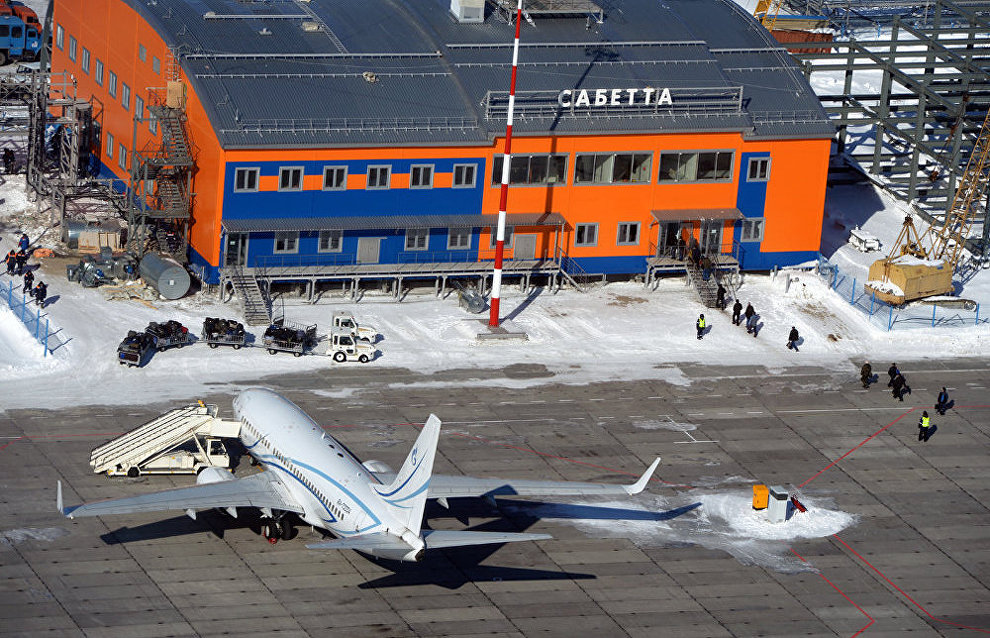Experts discuss Arctic infrastructure development
On February 20, Moscow was the venue of a roundtable discussion on the comprehensive development of motorways, road structures and airfields in the Arctic zone and in northern Russian regions, as part of the fifth international conference The Arctic: Offshore Projects and Sustainable Development of Regions, Arctic-2020. Experts discussed the main challenges of the current system of ground and air routes.
Sergei Mayorov, First Deputy Director General of MADI Road Technologies, noted that transport routes were of paramount importance for the Arctic region. "It is impossible to talk about development without roads and air routes. The Arctic is an immensely rich region of our country, but it is impossible to develop it unless we can get there," he said.
Alexei Kolodeznikov, First Deputy Prime Minister of the Republic of Sakha (Yakutia), noted that there was no alternative to air transport in the region because many roads can only be used in winter. "Today, we are mostly worried about the state of passenger aircraft. Antonov An-24 and An-26 planes have been operating for over 45 years, on the average… Their service life has now been extended to 60 years, but we know this will not solve the problem," he said and added that the regional government was ready to study the possibility of buying new planes.
Ilya Davidenko, Head of the Office of the Chukotka Autonomous Area in Moscow, also spoke about the need for expanding air traffic in the Arctic. He mentioned a program for subsidizing the civilian air fleet operation. "Helicopters are used to carry people in the Arctic. Subsidies are now available for fixed-wing aircraft, and we are working on a similar program for civilian helicopters. We have already introduced a similar alternative for air ambulance service."
Regarding motorways, Kolodeznikov said that Arctic road construction projects were far more expensive than those in central Russia. "Substantial temperature fluctuations impact the highway, and, as practice shows, almost all road surfaces have to be repaired after temperatures of minus 50 degrees Celsius."
He also noted that the regional authorities were now studying new road construction technologies and their possible use. "But these methods are far too expensive. Many technologies can work quite well, but it costs too much to deliver roadbed materials and put them in place. We are searching for technologies that can fit into our budget," Kolodeznikov added.
